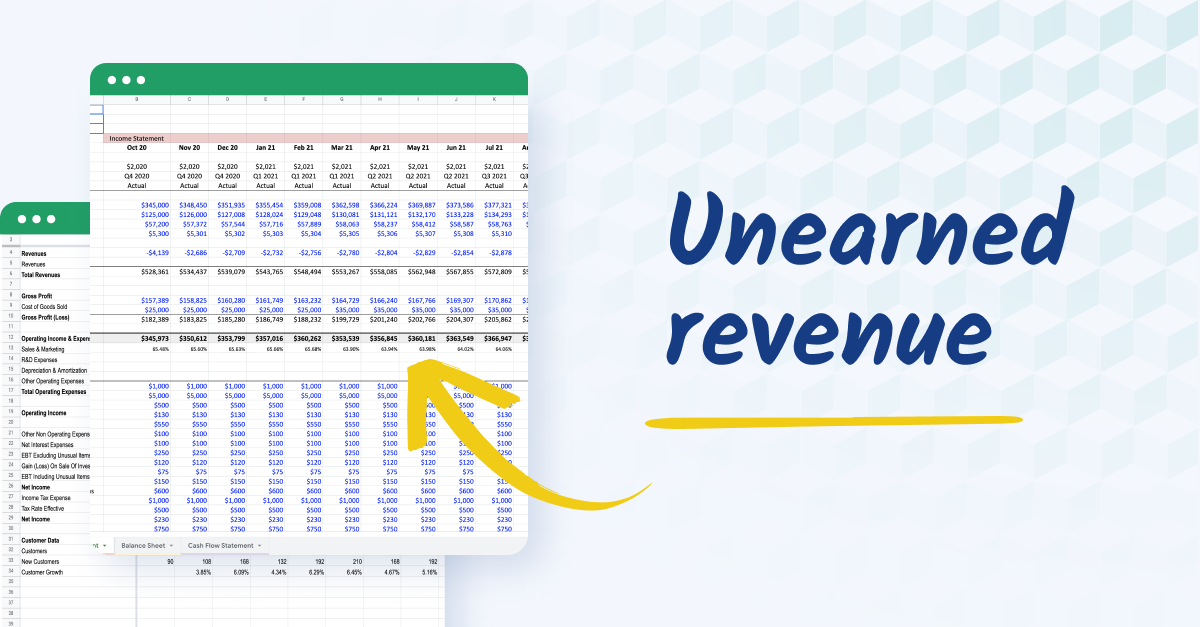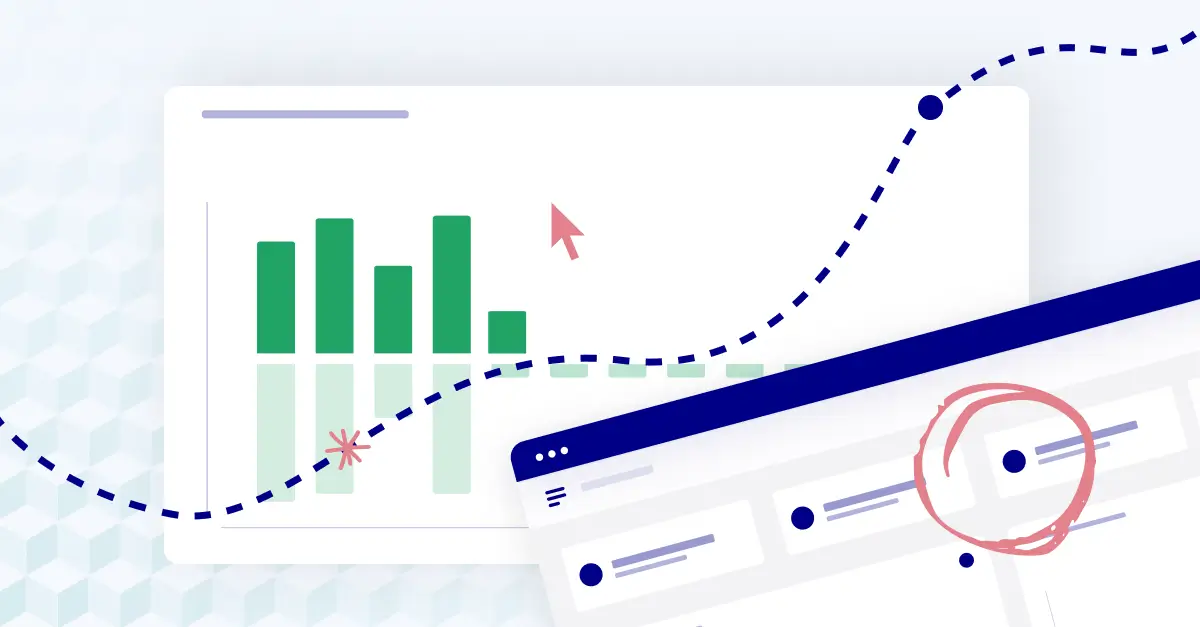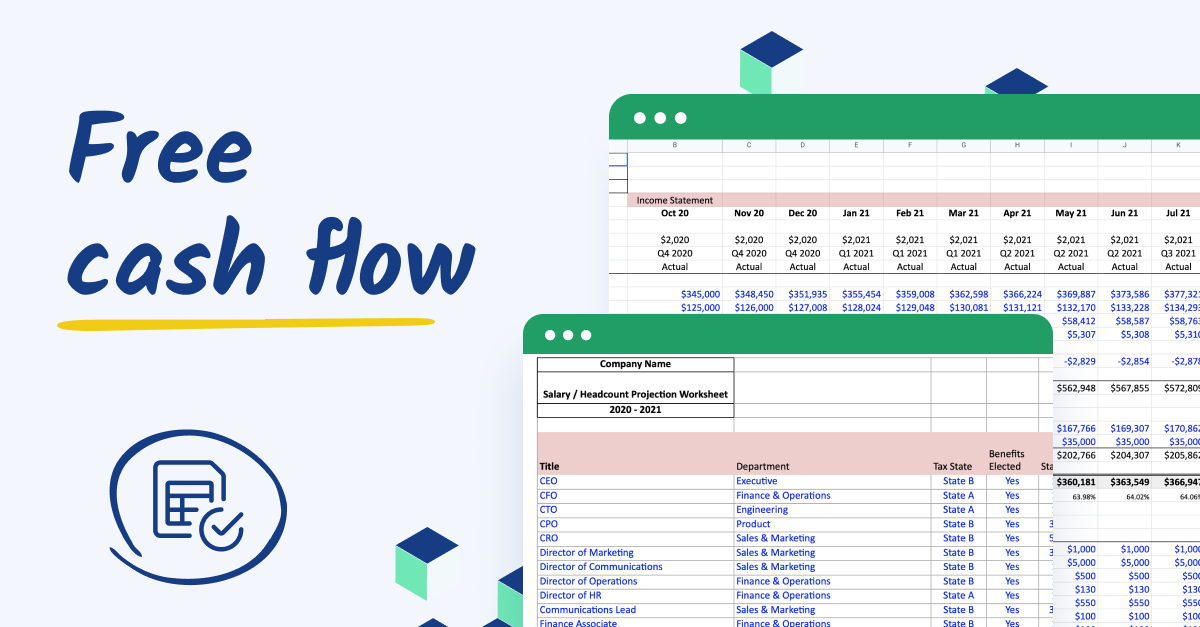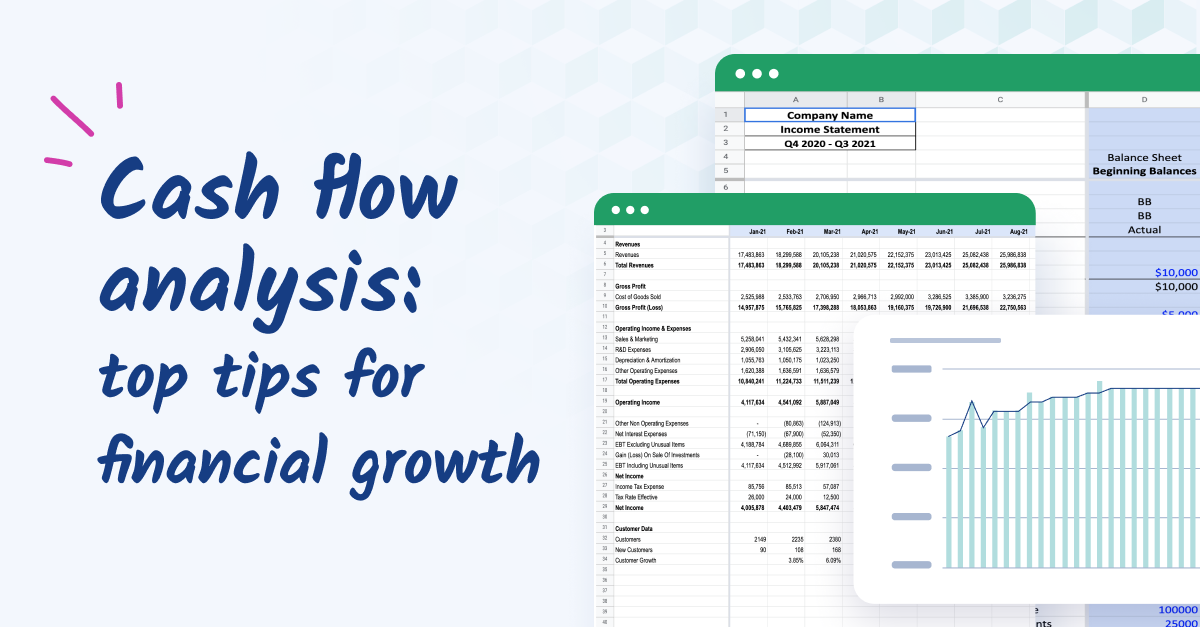The nature of unearned revenue: explained
Often referred to as deferred revenue, unearned revenue is what happens when a company gets paid for a job it hasn't done yet. Think of it as a customer's advance payment for a product or service that your company has promised to deliver later. This money, while in your cash account, isn't really 'yours' yet—it's sitting there with a condition attached.
That said, unearned revenue is a liability, not an asset. It's an obligation, not a resource. Your company has made a commitment to your customers, and until you deliver on that promise—be it a service or a product—you owe them. It's like holding onto someone else's belongings until you fulfill your part of the deal.
Once your company delivers what was promised, this equation changes. That's when unearned revenue shifts from being a liability to actual revenue. This shift is crucial, not only for keeping your financial statements accurate but also for reflecting this income on your income statement, capturing the true financial performance of your business.
Grasping the concept of unearned revenue is more than just a compliance issue. It's about understanding the promises your company has made and how they impact your financial planning. Managing this aspect well is key to maintaining trust with your customers and making smart, informed decisions for your business's future.

Accounting principles and unearned revenue
Unearned revenue sits at an interesting intersection in accounting principles, governed by standards like GAAP (Generally Accepted Accounting Principles) and IFRS (International Financial Reporting Standards). These guidelines dictate how and when unearned revenue should be recorded and recognized in financial statements. For finance leaders, it's crucial to be well-versed in these standards to ensure compliance and accuracy in your company's financial reporting.
The heart of the matter lies in revenue recognition. According to these accounting standards, revenue cannot be recognized until the goods or services are delivered. This is known as accrual accounting, as opposed to cash accounting which recognizes revenue the moment cash is received. This rule ensures that your company's financial statements accurately depict its earnings and liabilities at any given time. For instance, if you receive payment in one accounting period but deliver the service in the next, the revenue for that service belongs to the period of delivery, not when the payment was received.
Understanding and applying these principles to unearned revenue is more than a mere technical exercise. It's a fundamental part of financial integrity and transparency. Proper handling of unearned revenue according to these principles ensures that your company's financial health is not misleadingly represented as overly optimistic or unduly conservative.
Not only that, but a firm grasp of these accounting principles enables you to provide insightful analysis and forecasts. It allows you to see beyond the numbers and understand the underlying business activities, thereby playing a strategic role in guiding your company through financial planning and decision-making. This is crucial for aligning financial performance with business objectives and driving sustainable growth.
Strategic management of unearned revenue
Effectively managing unearned revenue is key for finance and FP&A leaders, as it can have a significant impact on your company's financial strategy and performance. Here's an idea of what an effective strategic management process looks like:
- Establish a robust tracking system: Implement a system that accurately differentiates between earned and unearned revenue. This step is crucial for maintaining clear and precise financial statements and effective cash flow management.
- Integrate into financial forecasting and planning: Use the data from tracking unearned revenue to inform financial forecasting and planning. Analyzing trends in unearned revenue can provide valuable insights into future cash flows and overall business health, guiding budgeting, investment, and resource allocation decisions.
- Collaborate with sales and service teams: Establish strong communication lines with sales and service delivery teams. Understanding the timelines for converting unearned revenue into earned revenue ensures that financial planning aligns with operational capabilities and market realities.
- Leverage for strategic customer engagement: Monitor unearned revenue to identify opportunities for enhancing customer relationships. This can include upselling or improving service delivery, leading to increased customer satisfaction and potential business growth.
- Align with company financial goals: Ensure that the management of unearned revenue is integrated into the broader financial strategy of the company. This alignment is critical for making informed decisions that support the company’s long-term success and stability.
The strategic management of unearned revenue is about turning a journal entry into a tool for business insight and growth. It's not just about keeping the books in order; it's about leveraging this information to make smarter, more informed decisions that align with your company's long-term objectives. By effectively handling unearned revenue, you gain a clearer picture of your financial future, enabling you to steer your company towards stability and growth.
Unearned revenue and cash flow implications
Unearned revenue has a unique role in shaping a company's cash flow. At first glance, it looks great on your company's balance sheet—after all, it's cash in the bank. But it's important to remember that this cash comes with an obligation: you've promised to deliver something in return down the line.
To manage this effectively, here are key steps to ensure that unearned revenue works in your company's favor, rather than creating financial challenges:
- Recognize the temporary nature of the cash boost: Understand that the cash from unearned revenue is not a permanent addition to your funds. It’s a prepayment for services or goods to be delivered in the future. This awareness is key to preventing overestimation of your available funds.
- Ensure alignment with delivery schedules: Coordinate closely with your delivery and operations teams to make sure the timeline for realizing unearned revenue aligns with your financial planning. This step is crucial to avoid cash flow mismatches that can arise from delays or accelerations in product or service delivery.
- Incorporate into cash flow forecasting: Regularly update the operating activities section of your cash flow statement with unearned revenue, and be sure to update any cash flow forecasts as well. This inclusion will provide a more comprehensive view of your financial position, helping to plan for future financial needs and obligations.
- Prepare for the impact on working capital: Understand that unearned revenue can impact your company's working capital. Since the cash is tied to future obligations, it may not be available for immediate operational expenses or investments. Unearned revenue ultimately decreases working capital since it is a current liability.
How unearned revenue affects business decision-making
Unearned revenue plays a significant role in shaping strategic business decisions. Its management not only influences financial reporting and cash flow but also impacts broader business strategies. Here's how:
Informing investment and growth strategies
Unearned revenue can be a key indicator of future business prospects. A healthy stream of unearned revenue suggests a steady demand for your products or services. This insight can guide decisions on where to invest for growth, such as expanding product lines, entering new markets, or enhancing service offerings.
Resource allocation and planning
Understanding the flow of unearned revenue helps you allocate resources more effectively. For example, if a significant portion of your revenue is unearned, it might signal the need to focus resources on fulfilling these existing commitments before pursuing new ones. This ensures your company isn't overextending its capabilities.
Risk management and contingency planning
Unearned revenue, while a positive sign of future income, also brings obligations. Recognizing this helps in identifying potential risks and planning contingencies. For example, if a major portion of your unearned revenue is tied to a few key clients, it flags a risk concentration that might require diversification strategies.
Customer relationship management
The patterns and trends in unearned revenue can offer insights into customer behavior and preferences. This information can be crucial for tailoring marketing strategies, improving customer service, and enhancing customer retention efforts.
Financial strategy and forecasting
Unearned revenue is a critical element in financial forecasting. It provides a window into future revenue streams and helps in creating more accurate financial projections. This foresight is essential for strategic financial planning, such as managing debt, planning for acquisitions, or preparing for market fluctuations.
In short, business leaders can use insights from unearned revenue to make more informed, strategic choices that align with their company’s long-term goals and market position.
Unearned revenue and financial health
Unearned revenue has a direct link to a company's financial health. It represents potential future income, indicating a solid base of customer orders or commitments. How a company handles unearned revenue can tell you a lot about its financial state. Properly managing this revenue means the company is good at handling its cash and meeting its future obligations, which are important for keeping the business stable and reliable.
When unearned revenue is recorded and managed correctly, it shows that a company is not just attracting new business but is also capable of delivering on its promises. This is a good sign for its operational strength. Additionally, a balance sheet that accurately shows unearned revenue reflects a company's commitment to clear and honest accounting, which builds trust with investors and partners.
Essentially, unearned revenue is a key piece of the financial picture. It offers a glimpse into the future earnings and shows how well a company manages its commitments and resources. This is important for understanding a company’s overall financial condition.
Best practices for managing unearned revenue
Effectively managing unearned revenue is crucial for maintaining the financial health of a company. Here are some best practices to optimize the management of unearned revenue:
- Track and report unearned revenue accurately: Maintain precise records of unearned revenue, ensuring it is correctly categorized and updated as it converts to earned revenue.
- Perform regular reconciliations: Consistently check and confirm that the unearned revenue on the books matches the actual cash received and the pending obligations.
- Enhance interdepartmental communication: Establish effective communication channels between finance, sales, and service teams to align on the status and management of unearned revenue.
- Implement FP&A software: Implement financial planning and analysis software to automate the tracking and forecasting of unearned revenue, providing real-time insights and supporting strategic decisions.
- Incorporate unearned revenue into strategic planning: Use data from unearned revenue to inform financial forecasting and business planning, guiding decisions on investment and resource allocation.
These strategies transform the management of unearned revenue from a routine accounting task into a dynamic tool for financial health and strategic business growth. The implementation of FP&A software, in particular, can significantly enhance the efficiency and effectiveness of these practices.
Conclusion: turn a liability into an asset
Understanding and effectively managing unearned revenue is vital for a company's financial health and strategic decision-making. By accurately tracking, forecasting, and integrating unearned revenue data into broader business planning, companies can ensure financial stability and gain valuable insights for growth.
Want to learn how FP&A software like Cube can help you do just that and more? Request a free demo today.



.png)









